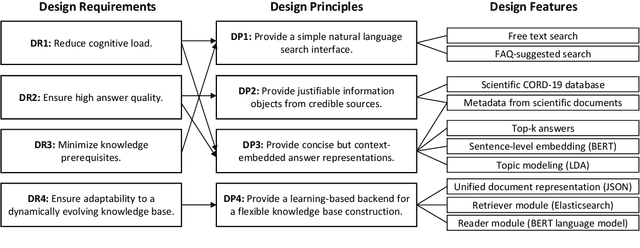Gino Lancho
AI-Driven Approaches for Glaucoma Detection -- A Comprehensive Review
Oct 21, 2024Abstract:The diagnosis of glaucoma plays a critical role in the management and treatment of this vision-threatening disease. Glaucoma is a group of eye diseases that cause blindness by damaging the optic nerve at the back of the eye. Often called "silent thief of sight", it exhibits no symptoms during the early stages. Therefore, early detection is crucial to prevent vision loss. With the rise of Artificial Intelligence (AI), particularly Deep Learning (DL) techniques, Computer-Aided Diagnosis (CADx) systems have emerged as promising tools to assist clinicians in accurately diagnosing glaucoma early. This paper aims to provide a comprehensive overview of AI techniques utilized in CADx systems for glaucoma diagnosis. Through a detailed analysis of current literature, we identify key gaps and challenges in these systems, emphasizing the need for improved safety, reliability, interpretability, and explainability. By identifying research gaps, we aim to advance the field of CADx systems especially for the early diagnosis of glaucoma, in order to prevent any potential loss of vision.
Where Was COVID-19 First Discovered? Designing a Question-Answering System for Pandemic Situations
Apr 19, 2022



Abstract:The COVID-19 pandemic is accompanied by a massive "infodemic" that makes it hard to identify concise and credible information for COVID-19-related questions, like incubation time, infection rates, or the effectiveness of vaccines. As a novel solution, our paper is concerned with designing a question-answering system based on modern technologies from natural language processing to overcome information overload and misinformation in pandemic situations. To carry out our research, we followed a design science research approach and applied Ingwersen's cognitive model of information retrieval interaction to inform our design process from a socio-technical lens. On this basis, we derived prescriptive design knowledge in terms of design requirements and design principles, which we translated into the construction of a prototypical instantiation. Our implementation is based on the comprehensive CORD-19 dataset, and we demonstrate our artifact's usefulness by evaluating its answer quality based on a sample of COVID-19 questions labeled by biomedical experts.
 Add to Chrome
Add to Chrome Add to Firefox
Add to Firefox Add to Edge
Add to Edge